Ask AI on The Internet
Question: Describe the difference between attraction and closeness. Distinguish between love, infatuation, and passion. How would you explain the differences to someone else? What is the advantage of group dating? Explain how to enforce a specific boundary you have and communicate consent. Analyze one sign that a dating relationship is harmful and could lead to dating violence.
Sure! Let's go through each topic step by step. ### Difference Between Attraction and Closeness **Attraction** is usually the initial, often physical or sensory, pull you feel towards someone. It's when you find someone appealing in some way, which may be based on their looks, their voice, their demeanor, or some other trait. Attraction can be immediate and does not necessarily require any deep personal knowledge about the other person. **Closeness**, on the other hand, involves a deeper emotional connection. It develops over time as you get to know someone better, share experiences, and build trust and understanding. Closeness signifies a bond that is usually rooted in shared values, mutual respect, and emotional intimacy. For example, you might be attracted to someone you see across the room at a party, but you feel close to a friend you've supported and confided in for years. ### Distinguishing Between Love, Infatuation, and Passion **Love** is a deep, enduring emotional bond characterized by care, commitment, trust, and mutual respect. Love evolves over time and involves a willingness to support and nurture the other person's well-being. **Infatuation** is usually characterized by an intense but short-lived passion or admiration for someone. It's often driven by idealization of the other person and can fade as quickly as it appears, demanding little emotional investment. **Passion** refers to the intense emotions and physical attraction between two people. While passion can be a component of love and infatuation, it is typically more about physical desire. To explain these distinctions to someone else, you might say: - Love is like a steady flame that provides warmth over time. - Infatuation is a spark that burns brightly but quickly fizzles out. - Passion is the fire that burns intensely but can either sustain or consume, depending on how it is managed and whether it is accompanied by deeper emotions like love. ### Advantages of Group Dating **Group dating** can offer several advantages: 1. **Safety**: Being in a group can provide a safer environment, especially for initial dates, making people feel more secure. 2. **Less Pressure**: It reduces the intensity and pressure of one-on-one dates, allowing individuals to interact more comfortably. 3. **Improved Social Skills**: It encourages better social interaction and communication within a group setting. 4. **Observation**: It allows you to see how a person interacts with others, providing insights into their personality and behavior in varied social scenarios. 5. **Fun**: Group settings often involve collective activities which can be more entertaining and engaging. ### Enforcing Boundaries and Communicating Consent To enforce a specific boundary: 1. **Identify the Boundary**: Be clear about what your boundary is. 2. **Communicate Clearly**: Use assertive communication to express your boundary directly. 3. **Stay Consistent**: Consistently enforce the boundary even if it’s uncomfortable. 4. **Seek Support**: If necessary, get support from friends or professionals to uphold your boundary. To communicate consent, remember to: 1. **Be Explicit**: Clearly state your consent or lack thereof. Don't rely on non-verbal cues alone. 2. **Ask for Clarification**: If you're unsure about someone else's consent, ask directly. 3. **Respect Decisions**: Respect a person's choice without pressuring them otherwise. 4. **Ongoing Communication**: Consent should be an ongoing conversation, not a one-time check-in. Example: "I'd appreciate it if we took things slow. Let's communicate openly about what we're comfortable with." ### Recognizing a Harmful Relationship **Sign of a Harmful Relationship**: One major red flag is **controlling behavior**. This can include attempts to dictate what you wear, who you can talk to, where you can go, and checking up on you excessively. This behavior can limit your independence and create an environment of fear and dependency. **Why It’s Dangerous**: Controlling behavior is a precursor to more severe forms of abuse, both emotional and physical. It can undermine your self-esteem and lead to isolation from friends and family, which makes it harder to seek help. ### Conclusion Understanding these distinctions and principles can equip you with the knowledge to maintain healthier relationships and recognize harmful patterns early. Always prioritize your well-being and communicate openly about your needs and boundaries.
Think your answer is better than the AI's? Post it below.
Other Most Relevant Posts:
Question Tags
If you want your question answered by an AI, click here.
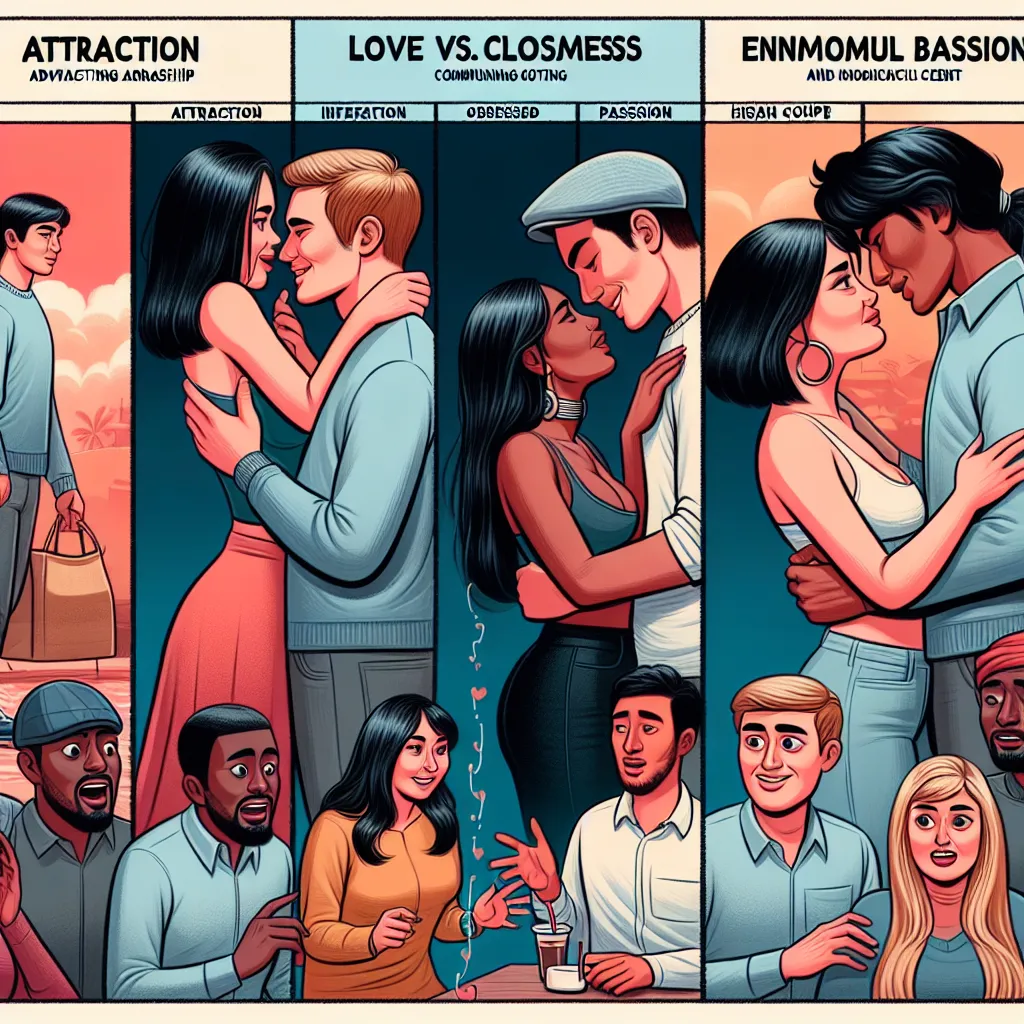

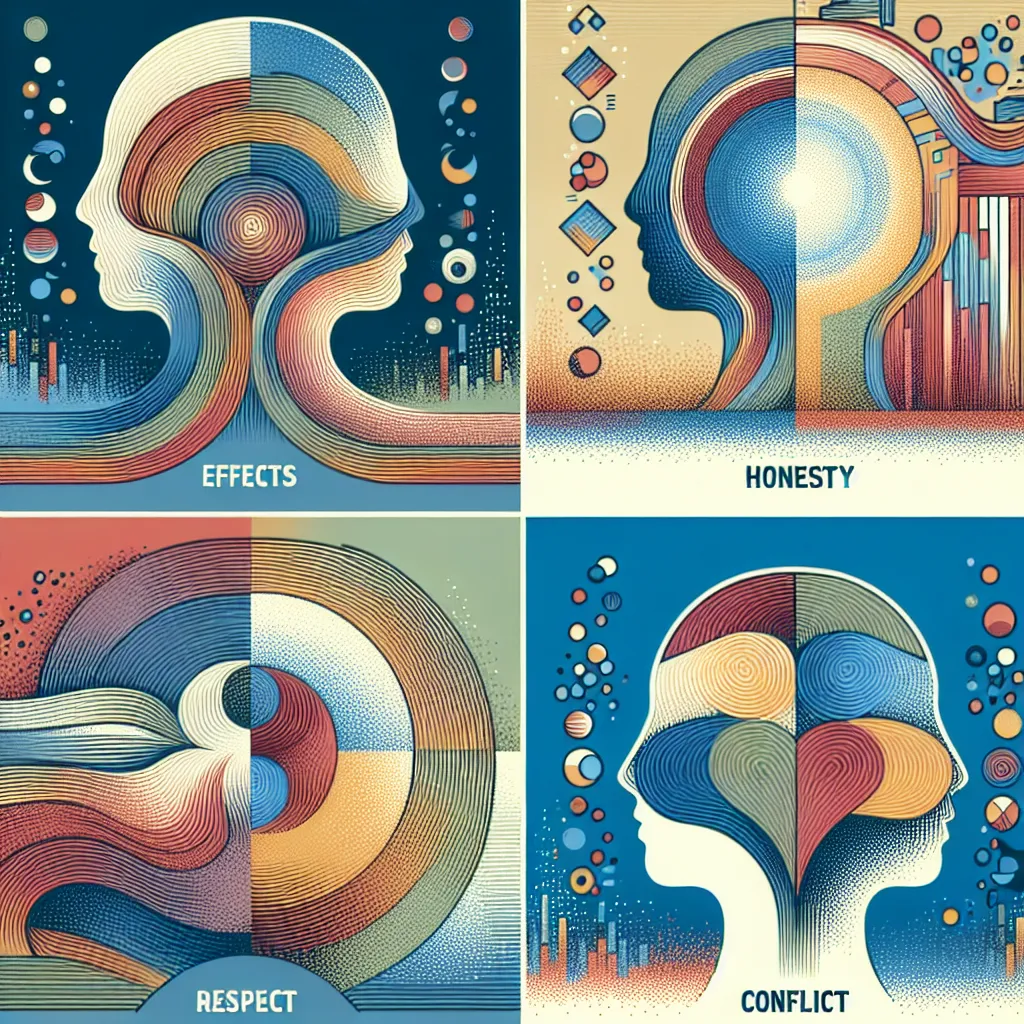
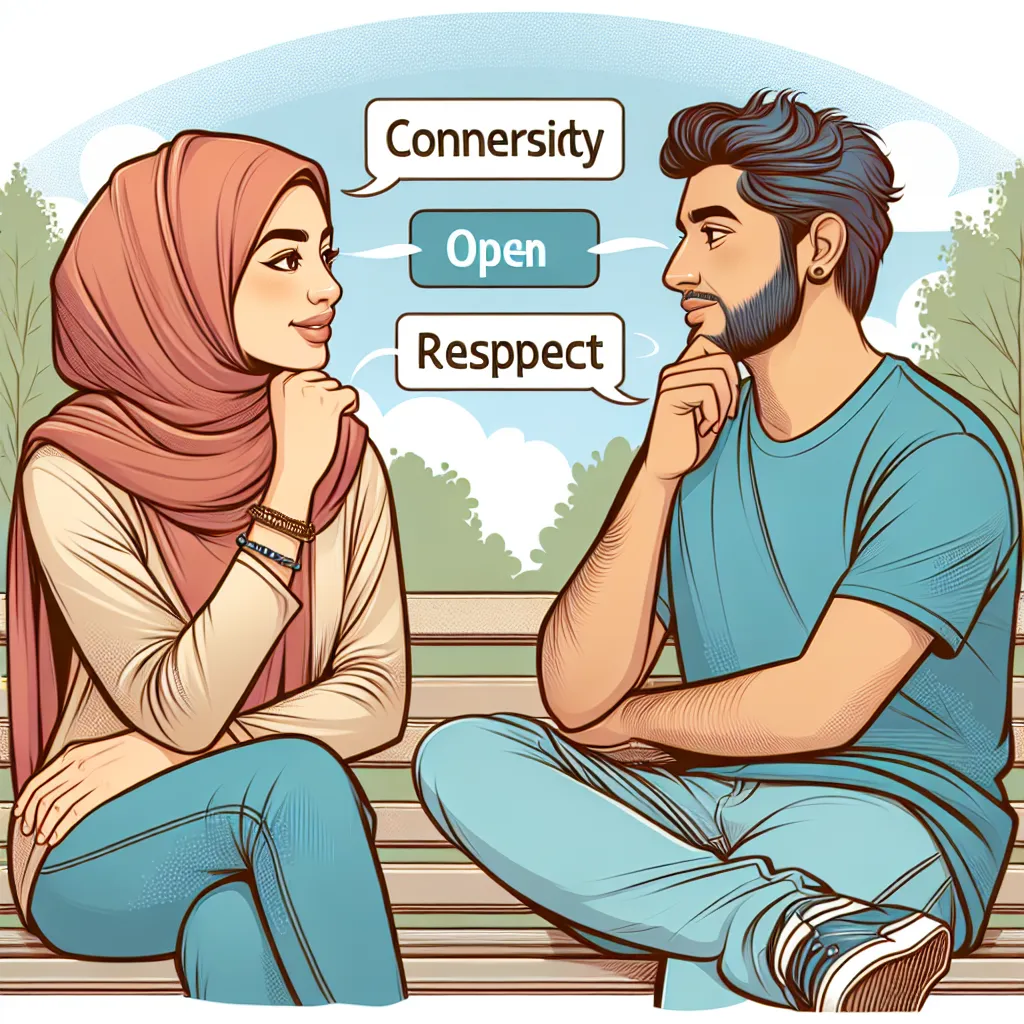
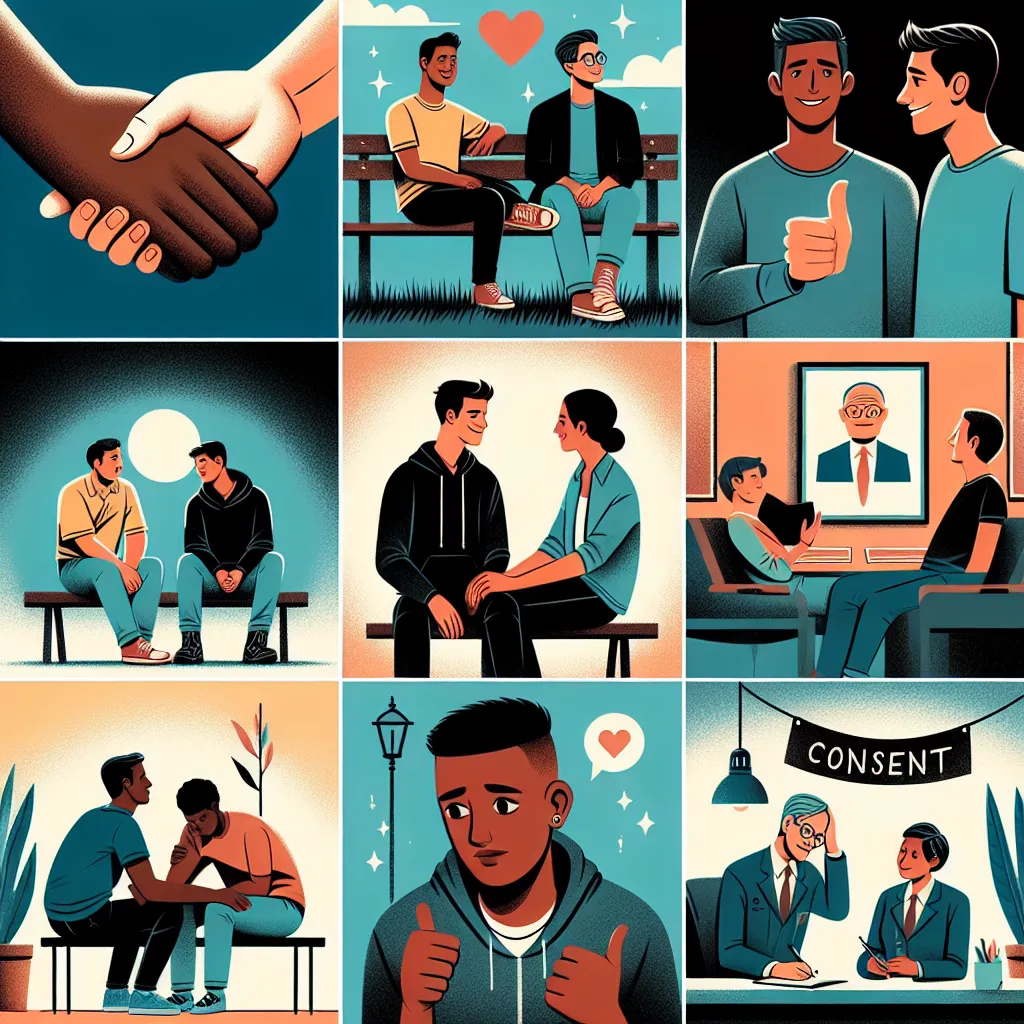
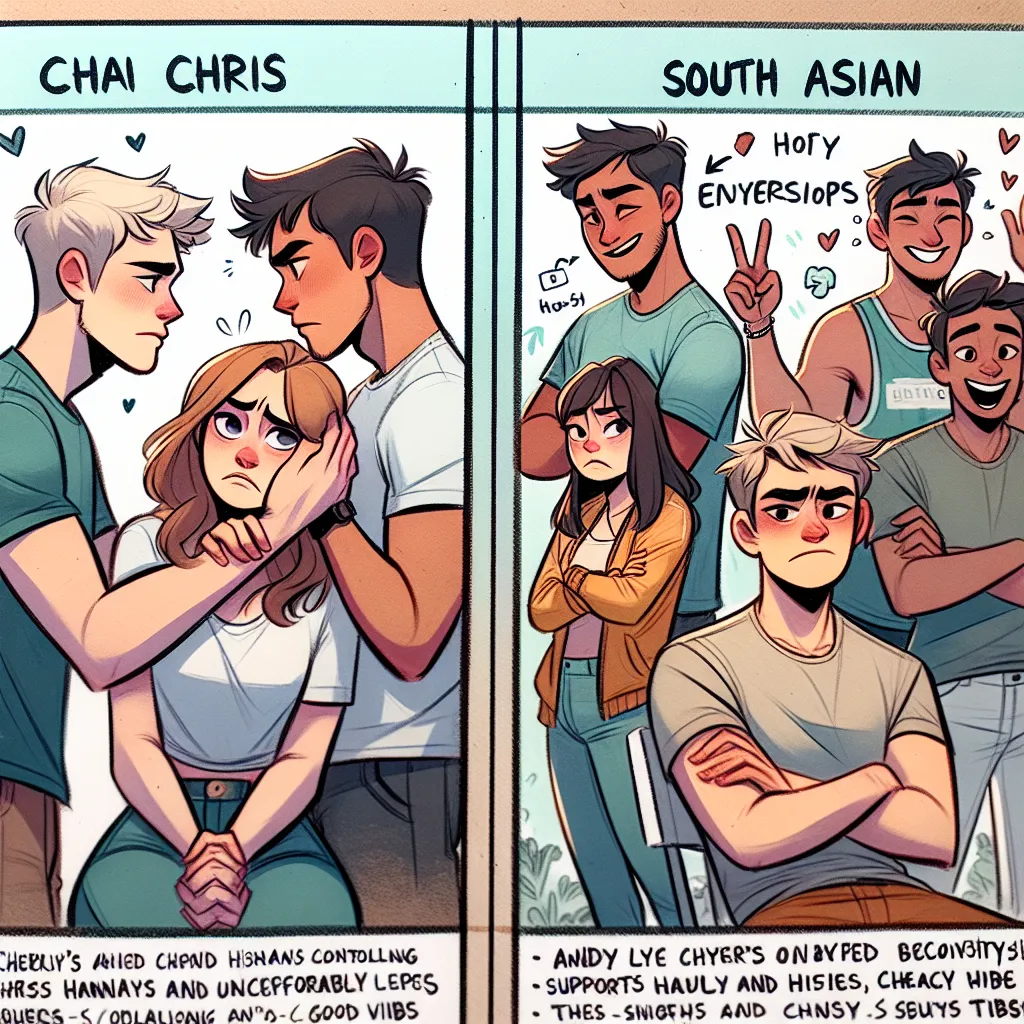
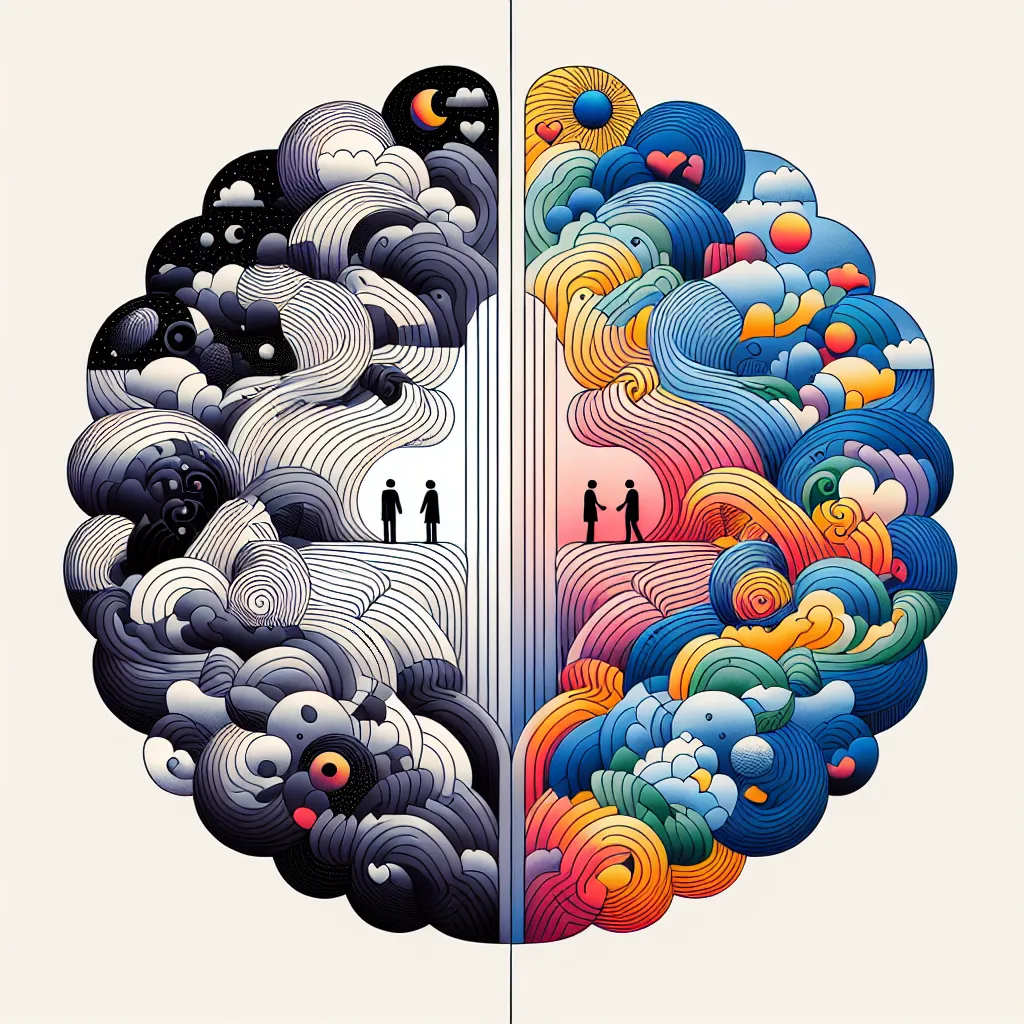
Post your own comment: